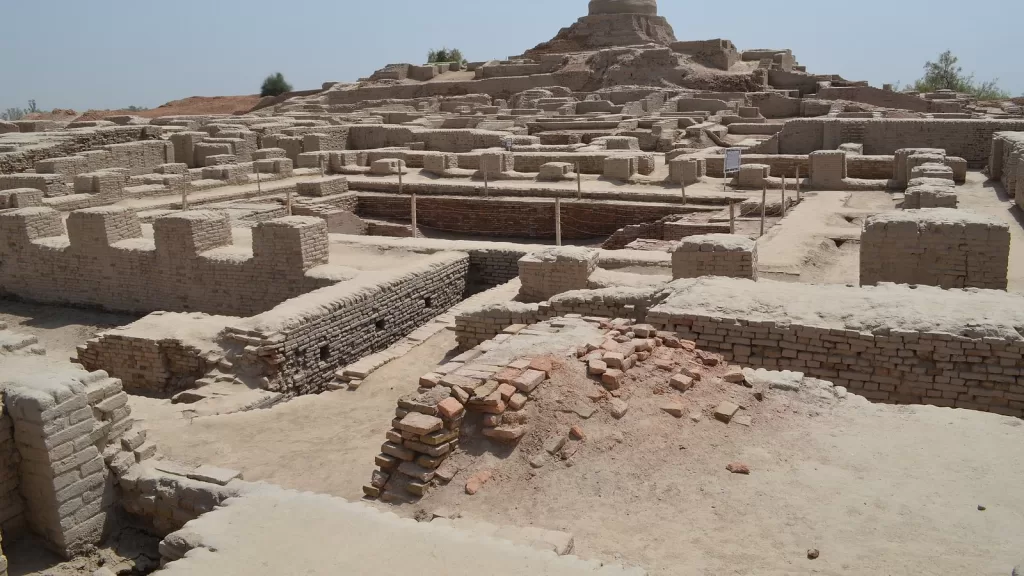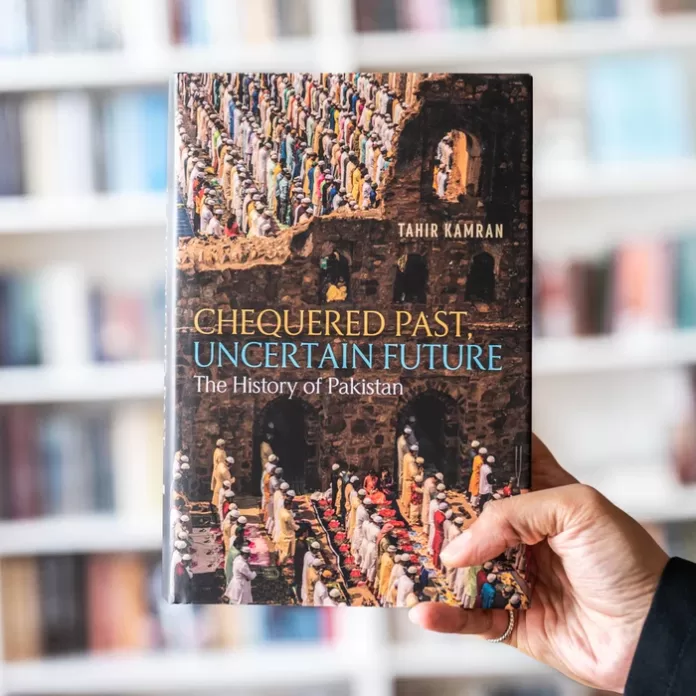The history of the subcontinent’s politics and the creation of Pakistan has always remained an area of immense scholarly importance in the world. Leading figures of the international intellectual community have maintained varying positions on the creation of Pakistan and the initiation of ideological politics in the post-colonial subcontinent in which the Indian and Pakistan leaders formulated their multileveled disagreements against each other.
In this way, the arrival of religious incompatibilities between two neighbouring states laid the foundations of a disturbed regional political order in South Asia based on several diplomatic complexities and security complications.
This scenario has been analysed in mainstream literature that emanated from diverse directions concerning the unreceptive India-Pakistan diplomatic interaction and their multiplying bilateral political estrangements in the regional and extra-regional affairs.
The book under review is one of the latest scholarly accounts explaining the history of Pakistan in chronological order while emphasising upon the impact of the country’s internal political dynamics on its foreign relations. The book’s author, Tahir Kamran, has tried to portray a different picture of Pakistan’s history under various governments in parallel with the varied political affiliations of leaders. These varied political orientations of leaderships have been a constant factor in defining the country’s approach for overcoming leading regional security issues created by India, according to Tahir Kamran. Kamran is professionally attached to the Beaconhouse National University, Lahore, Pakistan, where he has cultivated a respectable academic standing based on his exceptional scholarly insight regarding South Asian issues of democracy, governance, and religion.
Kamran’s study Chequered Past, Uncertain Future sheds light on the historical examination of Pakistan’s politics and its changing patterns, starting from the Indus Valley Civilization and continuing to the contemporary times, where the irrational narrative of Regime Change predominantly prevailed in society. It is a brief academic account identifying the key actors shaping Pakistan’s internal socio-political attributes, where ideology plays a significant role in the country’s social and political frameworks.

The author’s arguments shed light upon the combination of pre- and post-colonial political developments in Pakistan and their overwhelming influences on the mainstream national leadership which enhances the rarity of the book in its peer literary works. In addition to having a brief introduction written by the renowned Emeritus professor Ian Talbot, the fourteen chapters of Kamran’s study attempt to cover different extents of Pakistan’s politics sculpted by specific political tendencies of different governments.
Such attributes are mainly influenced by an inimitable combination of certain challenging scenarios originating from internal and external environments. The internal challenges augmented the nation’s indigenous challenges in a troubled regional security environment.
In this way, the author explicitly mentions about the government’s struggle to improve its crisis-management capabilities, which is the central theme of the book, and it revolves around a nice combination of prevailing historical narratives in society. These traditional narratives are unquestionably associated with the country’s conventional political culture, which evolved under different phases.
Thus, the debate in all chapters tries to cover different aspects of Pakistan’s political growth and underlines several fluctuating dynamics of civil-military relations, the role of religion in statecraft, the growth of ethnic and religious disparities, the rise of an identity crisis, the emergence of socioeconomic inequalities, and an uncertain future needing major reforms.
The discussion on the internal crisis emphasised the nation’s unequivocal inclination towards religious conservatism and autocracy, which in turn multiplied the issues of sectarian and ethnic divisions across the country.
Moreover, the focus of all arguments on the political struggle between the country’s civil and military domains validates the prevalence of disturbed civil-military relations in the country, which has further intensified internal challenges.
The author has evidently proved this by referring to the current political crisis that resulted in the demise of Imran Khan’s rule as the country’s prime minister.

The comparison of Imran Khan and his vision for realigning the nation on the classical Model of the State of Medina with Bilawal Bhutto/ Zardari’s leadership, containing both challenges and opportunities and Maryam Nawaz’s commitments for rectifying the nation’s economy presents an interesting survey of Pakistan’s contemporary politics in the book’s thirteenth chapter. The last chapter presents an exciting survey of the nation’s contemporary crisis consisting of media polarisation and societal intolerance.
The arguments about Pakistan’s struggle to ensure an adequate level of domestic sustainable political development identified the unprecedented reliance of the country’s economy on foreign financial support. The role of international financial assistance packages through specific institutional channels, such as the IMF and World Bank, has been treated as the key driver of Pakistan’s economy.
Based on such a description, this book could be treated as a distinct academic survey of Pakistan’s history, from ancient civilisations to modern political challenges. The inclusion of the recent crisis in the last three chapters makes this book an updated scholarly work comprising various sets of arguments under different topics explaining the intricacies of civil-military relations in Pakistan.
The author’s impartial and convincing arguments, along with his engaging style of writing make this book an intellectual contribution to the existing literature that describes the history of Pakistan’s domestic politics, which could not restricted to the pure academic circles. The simplicity of the author’s analysis on the country’s various political turbulences makes this scholarly account helpful for general readers interested in understanding a different perspective of Pakistan’s history.
Moreover, this book offers a deeply insightful analysis and serves as an invaluable resource for anyone seeking to understand the evolution of Pakistan’s state structure across various periods.





